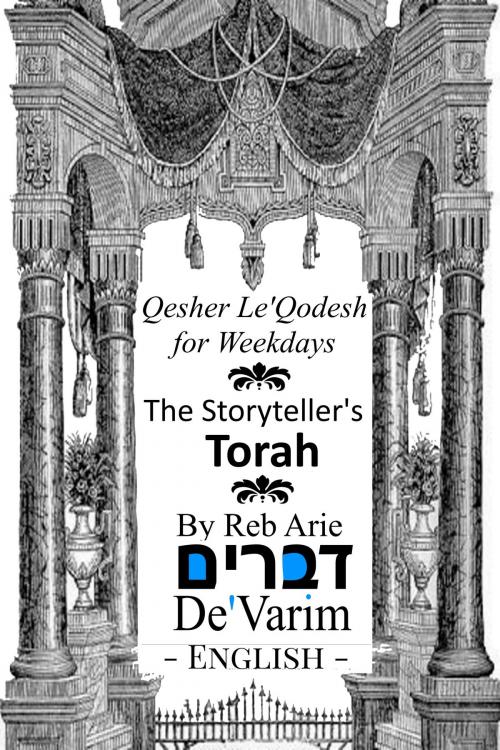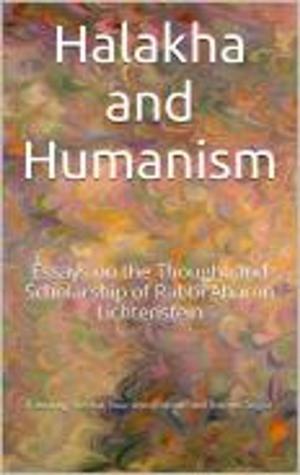Qesher Le'Qodesh Dvarim
Nonfiction, Religion & Spirituality, Bible & Bible Studies, Old Testament, Commentaries, Judaism| Author: | Arie Chark | ISBN: | 9781988718187 |
| Publisher: | Arie Chark | Publication: | February 7, 2017 |
| Imprint: | Smashwords Edition | Language: | English |
| Author: | Arie Chark |
| ISBN: | 9781988718187 |
| Publisher: | Arie Chark |
| Publication: | February 7, 2017 |
| Imprint: | Smashwords Edition |
| Language: | English |
An idiomatic English interpretation of the weekday sedrot (Torah readings) for Dvarim (Deuteronomy), this English version of the Hebrew original intends to uncover the storyteller's craft of Torah transmission. Torah transmits in three voices: prophetic, priestly, and political. Dvarim is exclusively political. The political voice is at least bivocal – it considers two antagonistic perspectives: leadership and governance. An explicit political voice occurs throughout Dvarim. This political voice is difficult to separate from Moshe'sprophetic voice. History explains collective experience, biography explains personal experience, and the prophetic voice blends these. History and biography influence leadership and governance, which in turn create collective historical moments. History and biography are similar. How is leadership similar to governance? Is it? I understand leadership as the ability to both influence a group and to be influenced by it. Power over people is governance. Power with people is leadership. The difference in Hebrew between leadership and governance fascinates. Read it and find out!
An idiomatic English interpretation of the weekday sedrot (Torah readings) for Dvarim (Deuteronomy), this English version of the Hebrew original intends to uncover the storyteller's craft of Torah transmission. Torah transmits in three voices: prophetic, priestly, and political. Dvarim is exclusively political. The political voice is at least bivocal – it considers two antagonistic perspectives: leadership and governance. An explicit political voice occurs throughout Dvarim. This political voice is difficult to separate from Moshe'sprophetic voice. History explains collective experience, biography explains personal experience, and the prophetic voice blends these. History and biography influence leadership and governance, which in turn create collective historical moments. History and biography are similar. How is leadership similar to governance? Is it? I understand leadership as the ability to both influence a group and to be influenced by it. Power over people is governance. Power with people is leadership. The difference in Hebrew between leadership and governance fascinates. Read it and find out!















